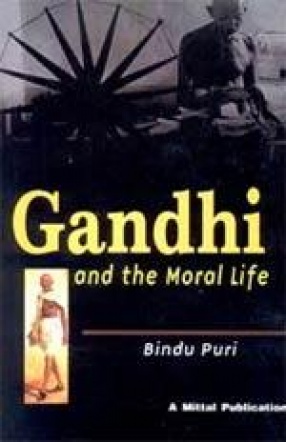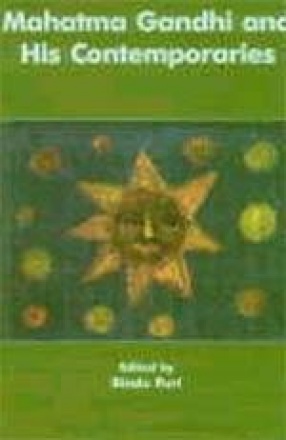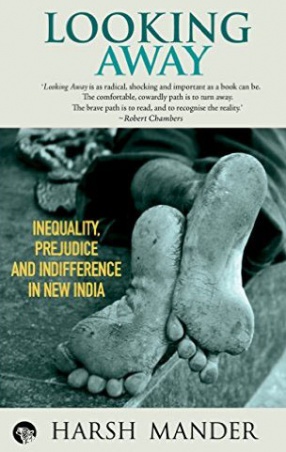At the turn of the century Gandhi is an important figure for moderns to understand not because he was a Mahatma but as a man who lived an authentic and effective moral life. The question is how can the Gandhian legacy be authentically articulated and recovered. It seems clear that Gandhi’s life and thought really rested on a dynamic unity of conception with politics, morality and religion being intimately interlinked. This unity was explained by and rested upon a basic moral vision. The volume attempts to disconceal that moral vision and its connection with the Indian tradition of thinking. It also attempts to make the contents of Gandhi’s moral conception philosophically available by raising and to some extent challenging the distinction between moral philosophy and moral practise, between ‘knowing’ and ‘having’ morality. As a part of this exercise two dimensions emerge in the work. The first uses the sources of literature by examining the portrayal of Gandhi in three Indian English novel, in order to aid ethical understanding. The second dimen-sion relates to making a comparison between Aristotle’s ethical theory as developed in the Nichomachean Ethics and Gandhi’s conception of morality. The purpose being to demonstrate the centrality of Gandhi for moral philosophy and also the complete lack of justi-fication for his neglect by professional philosophers.
Gandhi and the Moral Life
In stock
Free & Quick Delivery Worldwide
Bibliographic information
Title
Gandhi and the Moral Life
Author
Edition
1st ed.
Publisher
ISBN
8170999707
Length
ix+200p., 23cm.
Subjects






There are no reviews yet.